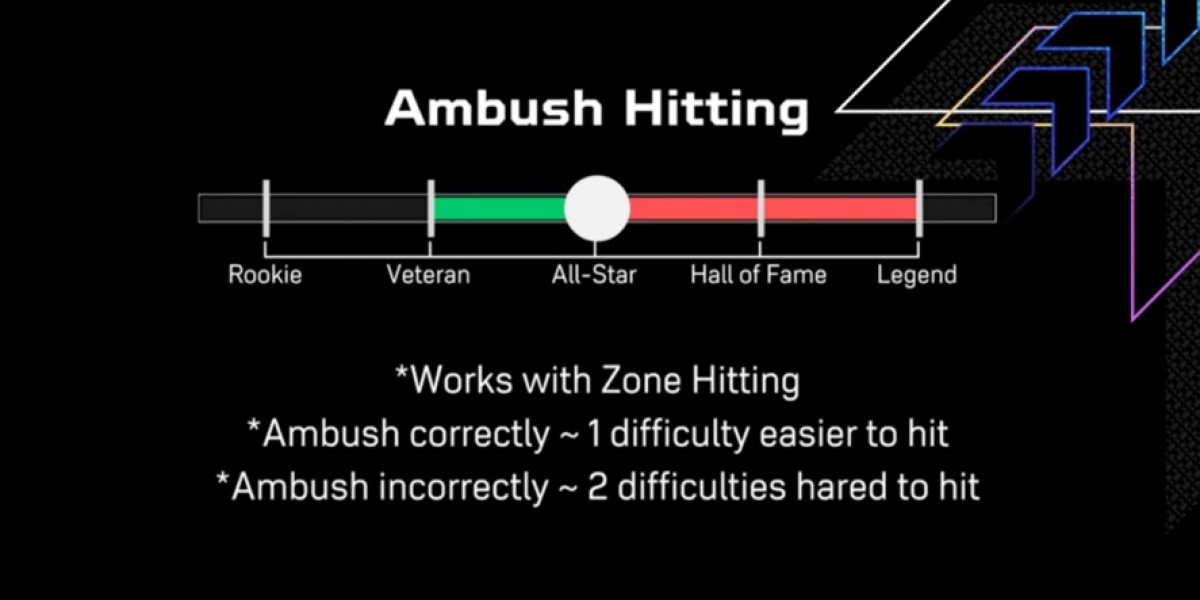The Warehouse Robotics Market is rapidly transforming global supply chains, driven by the rising demand for faster order fulfillment, labor cost optimization, and improved inventory accuracy. As e-commerce, 3PL (third-party logistics), and retail industries scale operations, warehouse automation through robotics has become essential to meet next-day and even same-day delivery expectations.
Market Overview
Warehouse robotics refers to autonomous or semi-autonomous machines and systems used to handle materials, manage inventory, transport goods, and streamline operations in warehouse and distribution centers. This includes automated guided vehicles (AGVs), autonomous mobile robots (AMRs), collaborative robots (cobots), robotic arms, and goods-to-person (G2P) systems.
The market is growing at a significant pace, with forecasts indicating it will exceed USD 15 billion by 2030, driven by investments in Industry 4.0, AI integration, and the increasing need for flexible and scalable automation.
Key Drivers of Growth
E-commerce Boom
The surge in global e-commerce—especially post-pandemic—has dramatically increased warehouse volume, making robotic automation a necessity to improve fulfillment speed and accuracy.Labor Shortages and Rising Wages
Warehouses are facing acute labor shortages, while wages continue to rise. Robotics offers a reliable solution to fill operational gaps without compromising productivity.Technological Advancements
Innovations in machine vision, machine learning, and real-time data processing have improved robot mobility, adaptability, and collaboration in complex warehouse environments.Flexible Automation Models
Newer robotic systems can be reprogrammed and relocated quickly, allowing for scalable and modular automation—especially attractive for small and mid-sized enterprises (SMEs).Improved ROI and Cost Efficiency
With decreasing hardware costs and improved performance, many organizations are achieving a full ROI on warehouse robots in under two years.
Key Applications
Picking & Packing
AMRs and robotic arms reduce human error and increase throughput in picking stations.Sorting & Palletizing
Robots improve the speed and accuracy of item sorting and container loading.Inventory Management
Drones and mobile robots are used to scan and track stock levels in real-time.Transportation & Delivery
AGVs and conveyor systems automate internal goods movement with optimized route planning.
Market Segmentation
By Type: Mobile robots, articulated robots, cylindrical robots, SCARA robots, delta robots
By End-Use: Retail & e-commerce, logistics, food & beverage, healthcare, automotive
By Region: North America, Europe, Asia-Pacific, Latin America, Middle East & Africa
Regional Insights
North America dominates the market, led by Amazon Robotics and Walmart’s smart distribution centers.
Asia-Pacific is experiencing fast growth, especially in China, Japan, and South Korea, where manufacturing and warehousing are undergoing rapid automation.
Europe is focused on green logistics and energy-efficient warehouse robots.
Leading Companies
Key players include:
Amazon Robotics, ABB, FANUC, KUKA, Dematic, Geek+, Locus Robotics, Boston Dynamics, GreyOrange, and Honeywell Intelligrated. These companies are expanding their capabilities in AI, IoT, and collaborative robotics.
Future Outlook
The Warehouse Robotics Market is set for exponential growth, powered by AI integration, cloud robotics, 5G-enabled connectivity, and human-robot collaboration. As consumer expectations grow and operational efficiency becomes paramount, warehouses across the world will increasingly turn to robotics—not just as a tool, but as a competitive advantage.
read more
| France Fingerprint Scanner Market |
| Germany Fingerprint Scanner Market |
| India Fingerprint Scanner Market |
| Indonesia Fingerprint Scanner Market |
| Japan Fingerprint Scanner Market |








